According to someeducation research experts, professors and doctors at universities who receive billions of dong in income each year should also create corresponding value because the source of money to pay them is student tuition.
Funding for professors and doctors comes from tuition fees
After the article reflecting on the income of professors and doctors at universities today, many readers were happy that the remuneration policy for lecturers and scientists has had many positive changes.
On VietNamNet newspaper, some readers said that, to have such a preferential policy, professors and doctors will feel secure in their research, teaching, and knowledge transfer careers to students and graduate students, avoiding the situation of "research paper bleeding", and both the school and students will benefit.
However, there are also many concerns because the source of money to pay for professors and PhDs at universities today comes from student tuition fees. Professors and PhDs receive high incomes, so their work efficiency must be commensurate, especially in the context that universities publish hundreds of articles each year but have very little funding for technology transfer.
According to statistics, at current universities, the main source of revenue is tuition fees from students. Specifically, at Ton Duc Thang University, the total revenue in 2023 (reported in June 2024) is 1,157 billion VND, of which revenue from tuition fees is 997.4 billion VND, revenue from scientific research, innovation, knowledge transfer and sponsorship is only 53.22 billion VND.
According to the 2024 report, the revenue in 2023 of Ho Chi Minh City University of Industry is 1,011.5 billion VND, of which the revenue from tuition is 907.9 billion, the revenue from science and technology is only 4.37 billion.
At Hanoi University of Science and Technology, revenue in 2023 is 2,137 billion VND, of which the main source of revenue comes from tuition fees with 1,430 billion VND, revenue from scientific research and technology transfer is only 18 billion VND.
The revenue of the National Economics University will reach over 1,400 billion by 2023, of which more than 1,014 billion will come from tuition fees, and revenue from scientific research and technology transfer will be 42.95 billion VND.
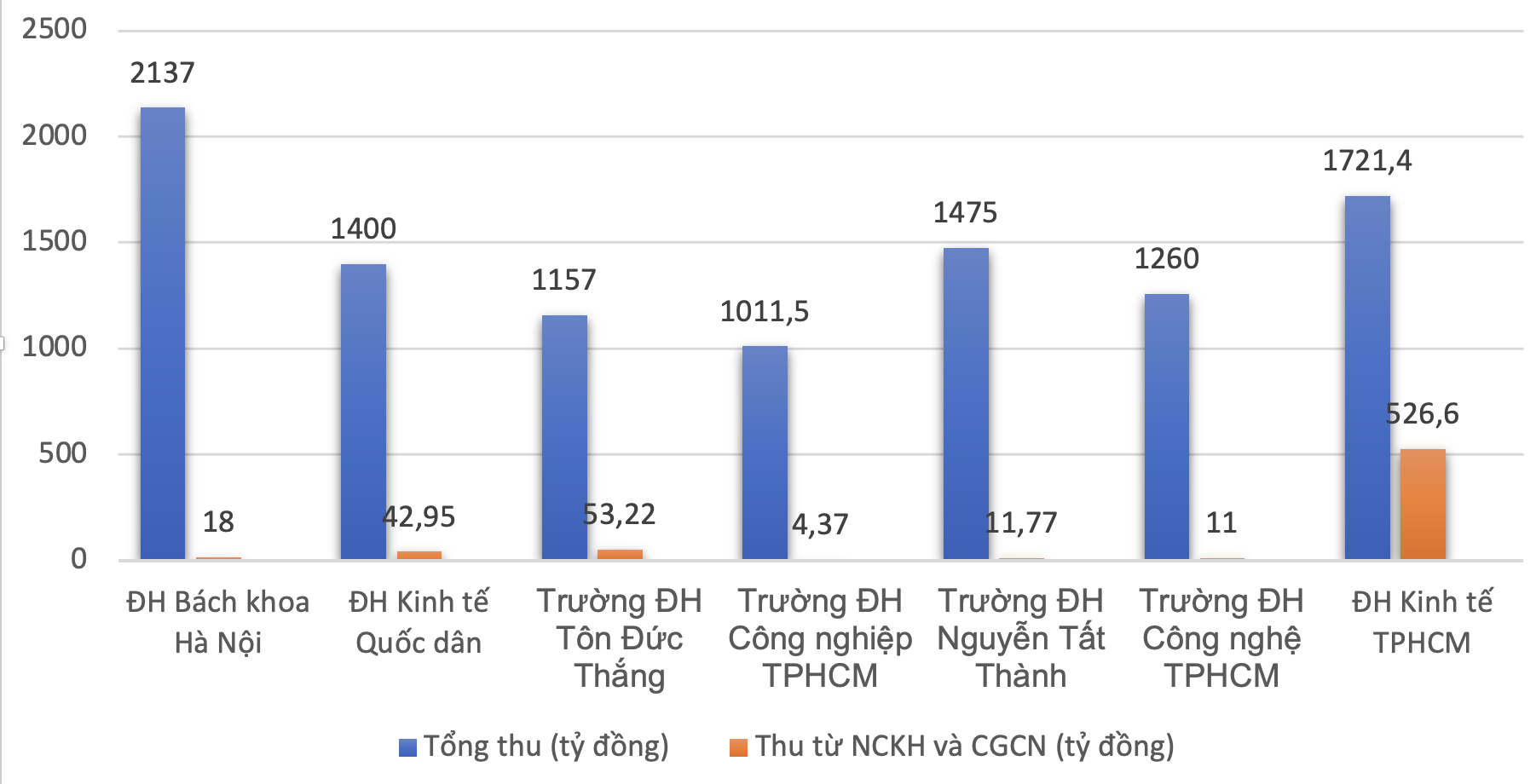
In 2023, Ho Chi Minh City University of Technology's revenue will be 1,260 billion VND, of which 1,235 billion VND will be from tuition fees, and only 11 billion VND will be from scientific research and technology transfer.
Similarly, Nguyen Tat Thanh University's revenue in 2023 will reach VND 1,475 billion, of which tuition revenue accounts for 99%, or VND 1,454 billion; revenue from scientific research and technology transfer is VND 11.77 billion.
Dr. Le Dong Phuong, former Director of the Center for Higher Education Research (Vietnam Institute of Educational Sciences), said that the income of university lecturers will be proportional to the amount of work they undertake, plus additional bonuses for outstanding work or research contributions. Therefore, if lecturers contribute a lot, their income will increase relatively and this also depends on the internal spending regulations of the school.
According to Mr. Phuong, internal spending regulations will reflect the school's priorities in publishing or training, research or transfer.
“In recent years, universities have tried to improve their status through publishing, so they set a reward of hundreds of millions of dong for each international article. With this approach, many schools have published thousands of works each year, but this comes with a significant expense,” said Mr. Phuong.
Dr. Le Dong Phuong also said that, due to budget constraints, Vietnamese higher education institutions are currently dependent mainly on service revenue, of which training services are the main source. In other words, students are contributing money for teachers to publish. This raises many concerns about whether tuition and fees are used to cover the professional activities of lecturers, when the physical facilities and other conditions to ensure quality are not good.
“Obviously, the question here is to what extent is it appropriate to encourage scientific publishing activities because teachers who conduct real research and publish real results will increase the scientific content of training and help students quickly access scientific advances to prepare for their future careers. However, if we only publish for the sake of publishing, this will be a waste of social resources and directly reduce the level of 'enjoyment' of science for students,” Dr. Phuong affirmed.
Clear salary evaluation, professors and doctors must publicly report their values
Dr. Le Dong Phuong believes that the main issue now is how universities will control the 'reward' activities for publishing to ensure their position, while helping to improve the real quality of academic/training activities. He suggests that universities should recalculate the spending norms in their internal spending regulations, avoiding financial loopholes and profiteering by some people as has happened recently.
A representative of a university in Ho Chi Minh City said that professors and doctors have high incomes, but the effort they put in varies from person to person. “Some people put all their efforts into research and development for science, but others only know how to ‘benefit’ from their reputation, not from research,” he said.
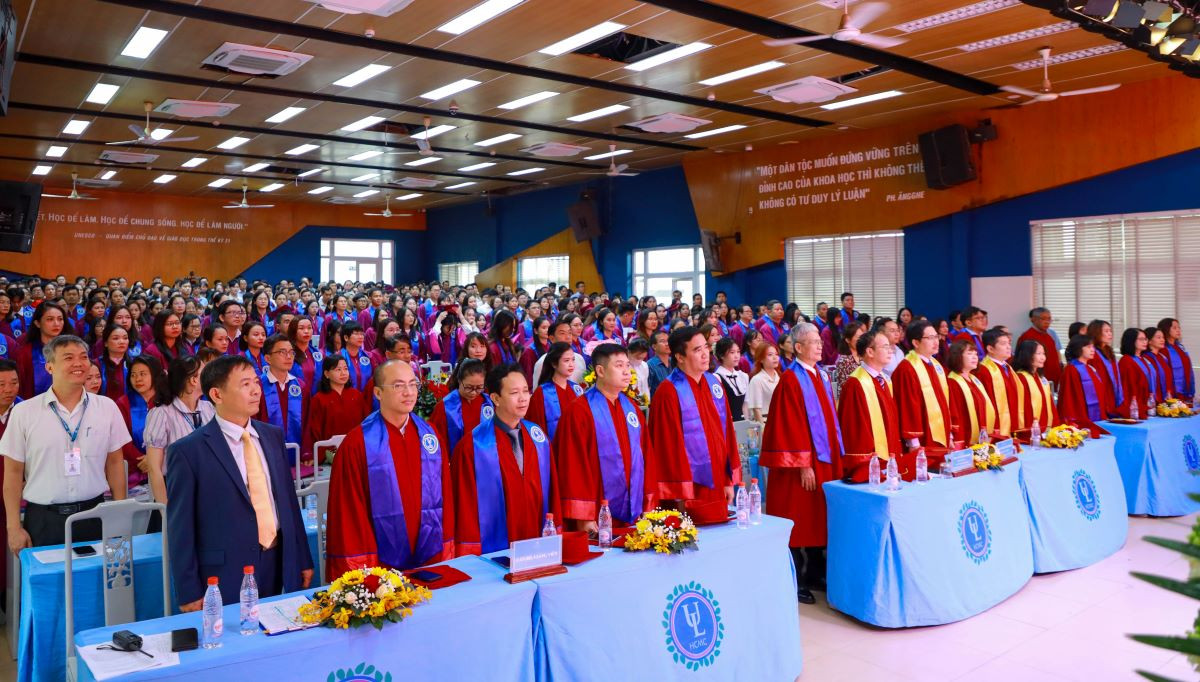
Therefore, according to a representative of a university in Ho Chi Minh City, schools should develop a set of criteria to evaluate the "real value" of professors and doctors. The first is to evaluate scientific research, the quantity and quality of research works, published in prestigious international journals, or how they are practically applied in society. The second is the contribution to improving the quality of students from teaching (assessed by students through anonymous surveys), the number of students successfully guided (thesis, start-up, employment, ...). The third is cooperation projects with businesses, research institutes or the community to solve practical problems. Finally, advanced teaching methods or initiatives to improve the education system.
“Every year, professors and doctors must publicly report their values on an online platform managed by the school. Students, colleagues and an independent council (including representatives from businesses or alumni) will score based on the above criteria,” a representative of a university in Ho Chi Minh City proposed.
At the same time, professors and doctors should be paid according to their salary and additional income. In which, the salary should be enough to live on, the additional income should be many times higher than the salary. This benefits students by ensuring that their tuition fees are used effectively and they receive real educational value. As for professors and doctors, it encourages them to work more productively, not just "sit back and enjoy their salary". At that time, the reputation of the schools will also be enhanced, attracting students and funding from businesses thanks to the quality of teaching.
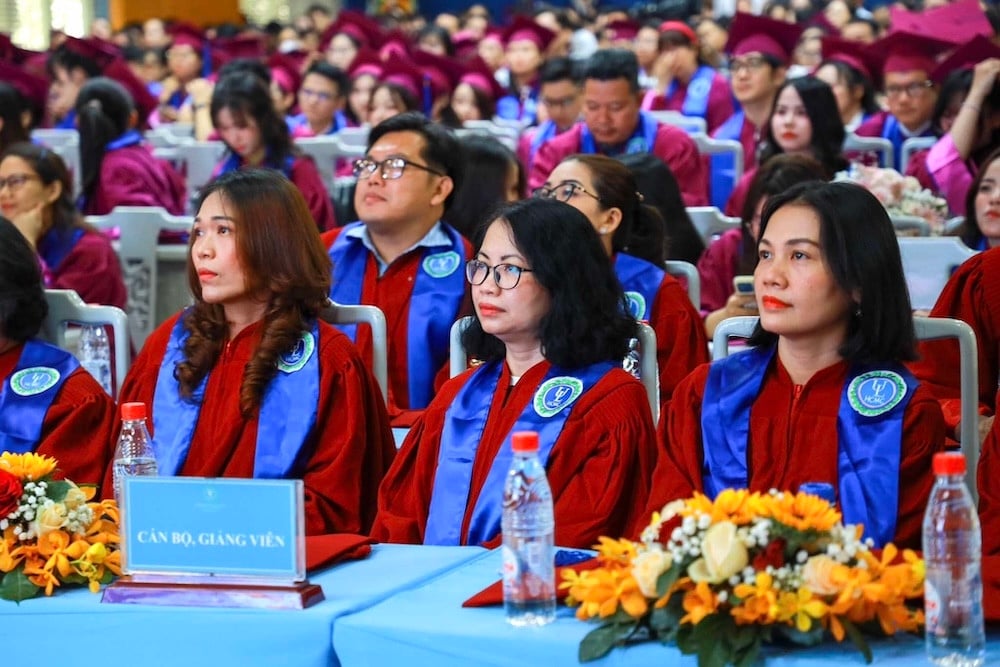
Professors and doctors with incomes of billions of dong/year, no longer have to sell research papers?
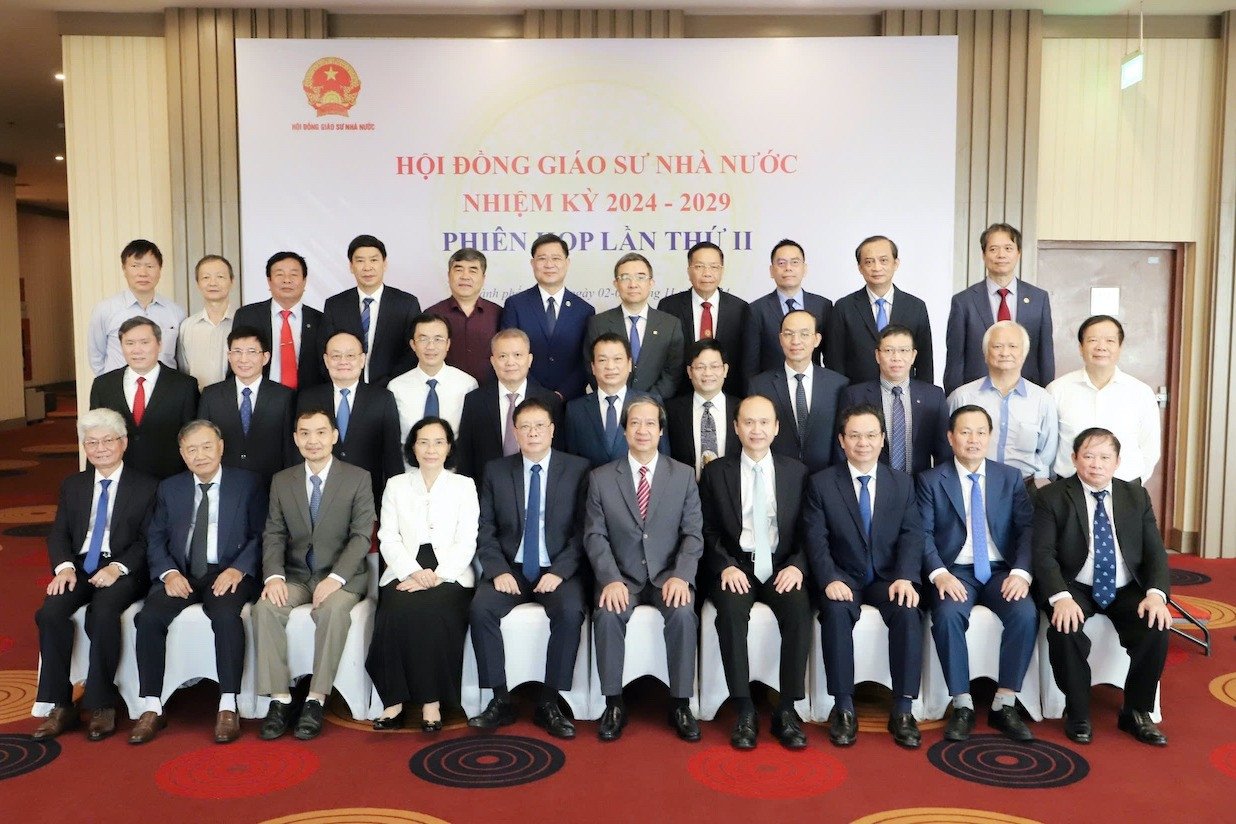
Announcement of consideration for the title of professor and associate professor in 2025

Professors and doctors receive income of nearly 100 million VND/month at university
Source: https://vietnamnet.vn/giao-su-tien-si-thu-nhap-tien-ty-nam-tu-hoc-phi-can-tao-ra-gia-tri-tuong-xung-2377690.html




![[Photo] More than 17,000 candidates participate in the 2025 SPT Competency Assessment Test of Hanoi National University of Education](https://vphoto.vietnam.vn/thumb/1200x675/vietnam/resource/IMAGE/2025/5/17/e538d9a1636c407cbb211b314e6303fd)
![[Photo] Readers line up to visit the photo exhibition and receive a special publication commemorating the 135th birthday of President Ho Chi Minh at Nhan Dan Newspaper](https://vphoto.vietnam.vn/thumb/1200x675/vietnam/resource/IMAGE/2025/5/17/85b3197fc6bd43e6a9ee4db15101005b)

![[Photo] Prime Minister Pham Minh Chinh chairs meeting on science and technology development](https://vphoto.vietnam.vn/thumb/1200x675/vietnam/resource/IMAGE/2025/5/17/ae80dd74c384439789b12013c738a045)
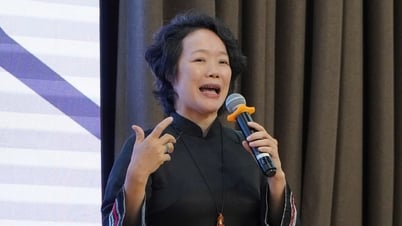

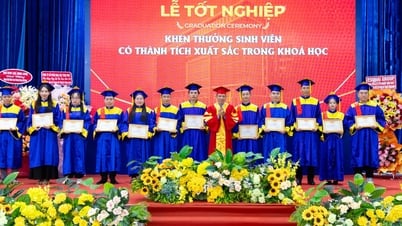





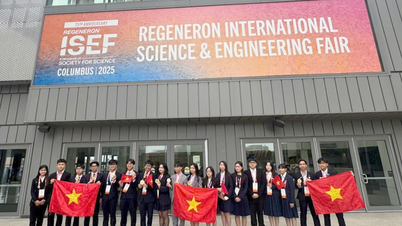











![[Photo] Nearly 3,000 students moved by stories about soldiers](https://vphoto.vietnam.vn/thumb/1200x675/vietnam/resource/IMAGE/2025/5/17/21da57c8241e42438b423eaa37215e0e)







































































Comment (0)